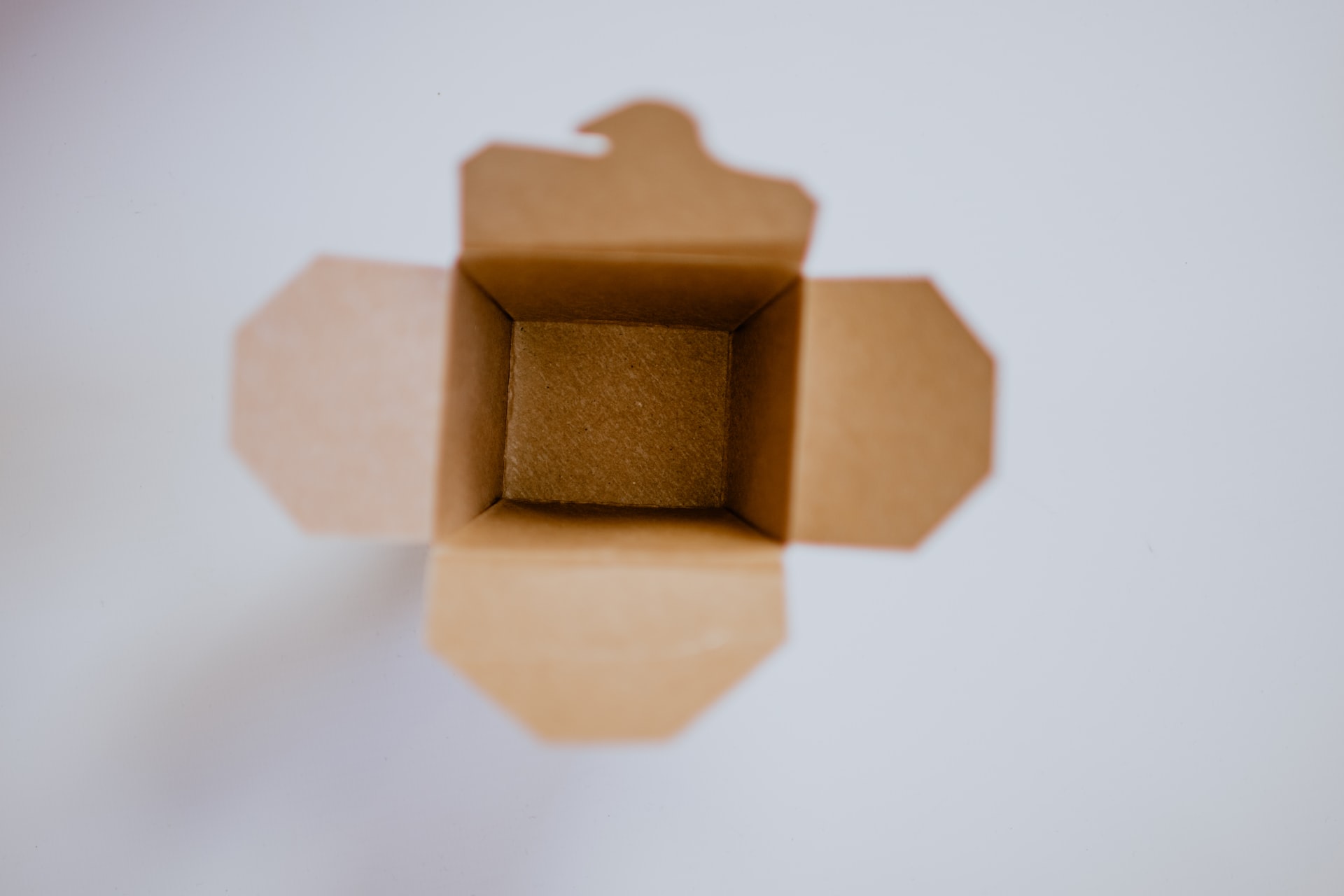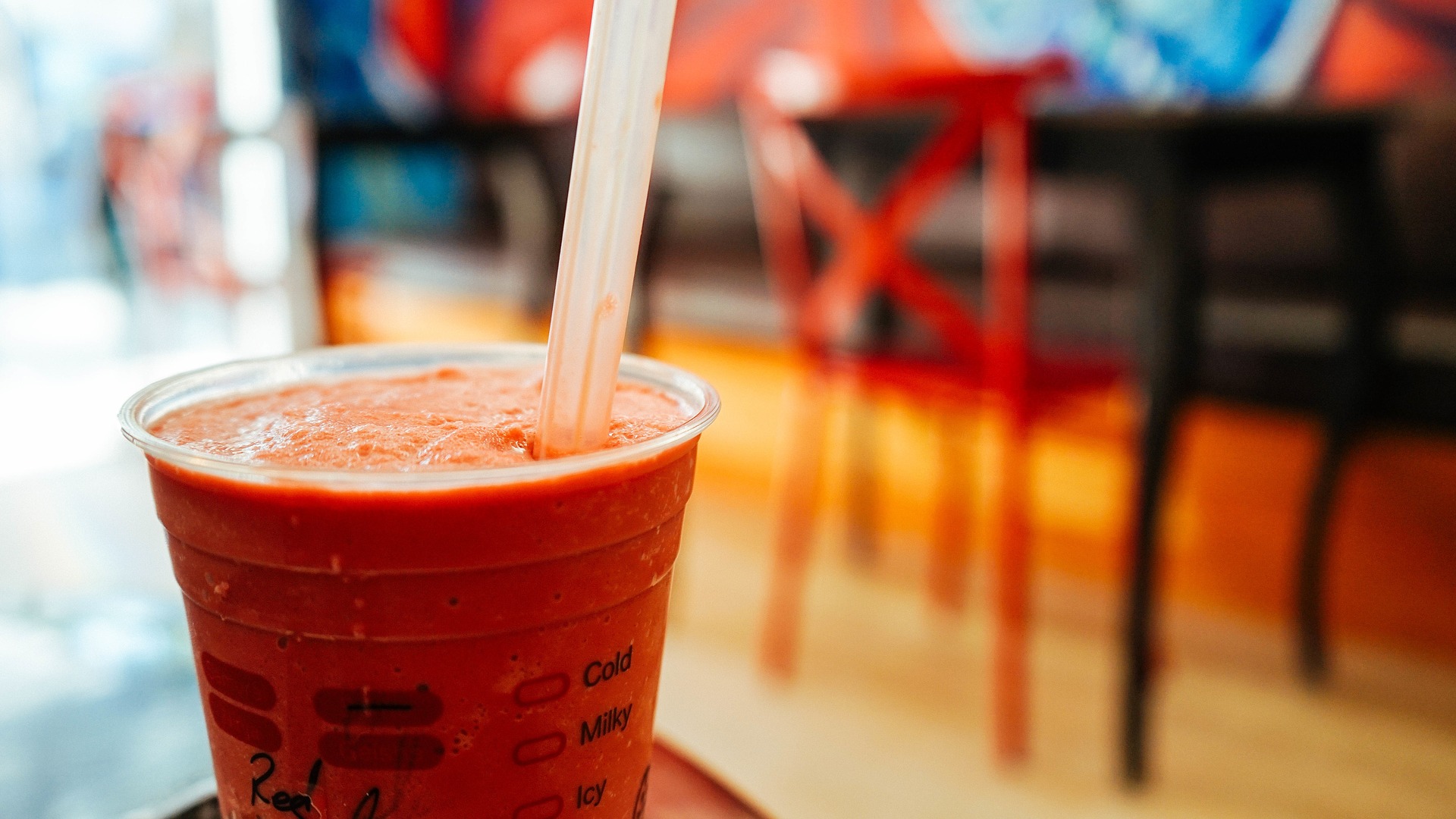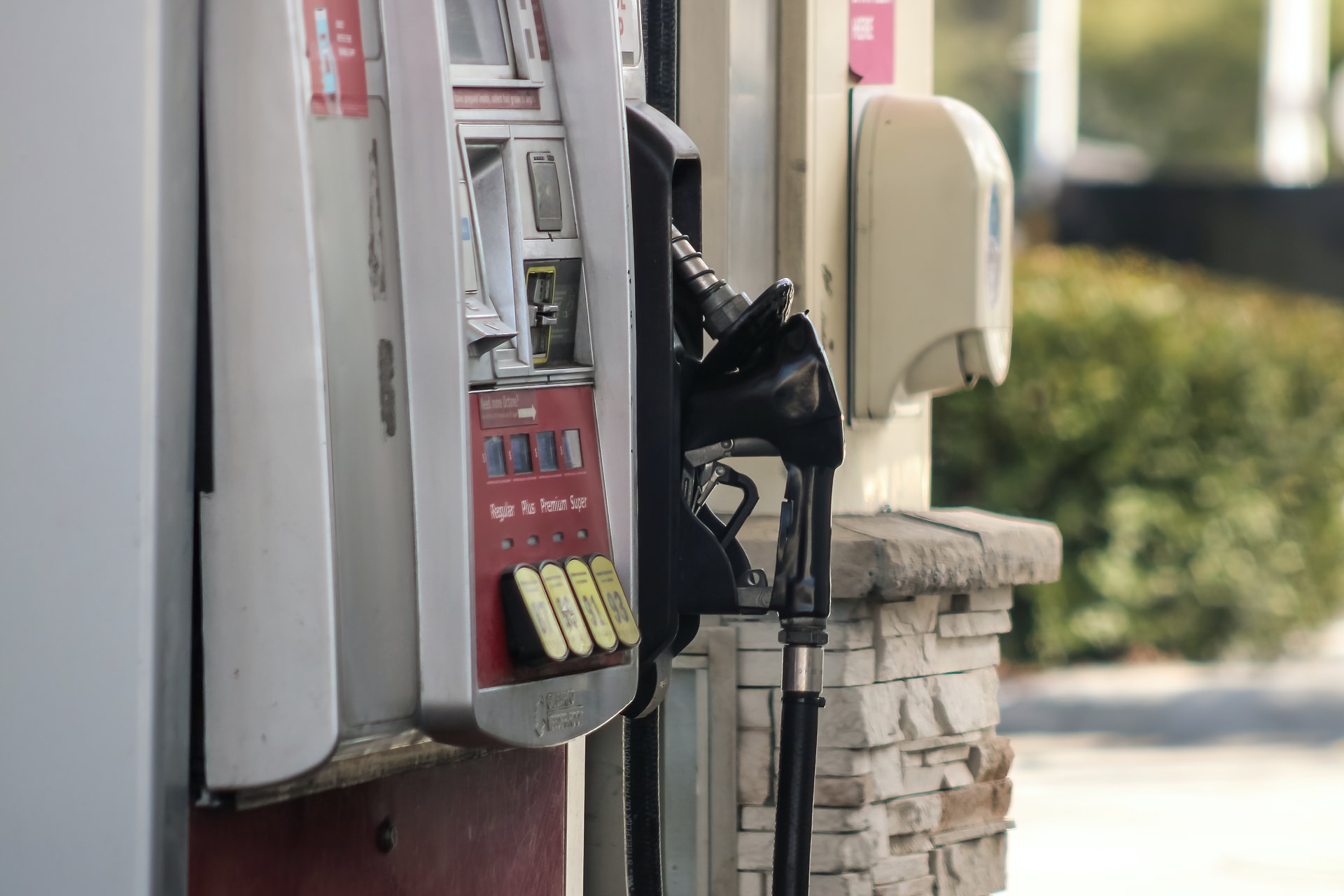What is the Difference Between Butane and Propane Gas?
Tags - Difference Between Butane and Propane Gas
With renewable energy readily available there are now more ways than ever to heat and power your home.
However, traditional combustible fuels are still preferred as they are more cost-effective and run everything from stoves to even car engines.
Often it can become confusing to decide which gas is the best to suit your needs; the three main types being natural, butane and propane.
So what is natural gas?
Well, natural gas is commonly used as fuel and occurs naturally underground; it’s either found on its own or with oil, and is made up of methane as well as other hydrocarbons.
In regards to butane and propane, they are both forms of LPG gas (Liquified Petroleum Gas) - a term used to describe a family of light hydrocarbon gases.
And both of these gases have residential and commercial uses, whether it be for fuel in heating, cooking, vehicles, fridges and more, and both have very similar qualities.
Let’s take a look at the difference between butane and propane gas.
Butane
Butane is colourless, odorless and extremely flammable, most commonly used as fuel in cigarette lighters and portable stoves.
With it being easily liquified, it can also be used as a propellant in aerosols and as a refrigerant.
If you’re using gas indoors, it’s recommended to use butane as the cylinders are less pressurised, making it safer to sit next to one.
Bear in mind, butane will not be able to turn into a gas if the temperature is below freezing.
So if you’re trying to use this gas outside in the winter, for a BBQ example, the appliance will look as though you’ve run out of gas even if the bottle is full.
As such, only use butane when the temperature is above 0 and it will work just fine.
Propane
Propane gas is a by-product of both natural gas processing and oil refining and like butane, is commonly used for fuel.
With it being flammable, it’s commonly used for a variety of residential and commercial uses such as home heaters or powering a restaurant’s kitchen.
As opposed to butane, propane can be used in cold weather outside, as it can work in temperatures up to -40 degrees, anything below - we wouldn’t recommend being out in the first place!
The Difference
So we’ve mentioned the two different boiling points of the gases, which is important to know when using them in different temperatures.
To put simply, propane’s boiling point is lower than butane so it can still transform into a gas from liquid in very cold weather.
Moreover, it has four times more pressure than butane making it more appropriate to store outside.
Secondly, another key difference is the price - butane gas is cheaper and more efficient as it gives off around 12% more energy than propane.
Finishing Thoughts
Despite having similar qualities, the main difference comes down to their boiling point, so they are both advantageous and disadvantageous depending on how you use them.
And so while both offer great ways of running appliances, decide what you actually need the gas for before buying the gas bottle.
Contact us today to find out more.
Check out our Butane Gas Refills in the meantime.





